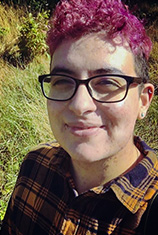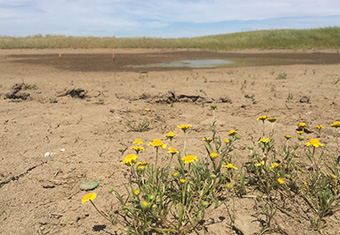

Abstract
The future of restoration depends on the development of methods that are adaptive to a changing climate. For plants, best practices recognize that the choice of source populations for restoration can greatly affect restoration success. However, restoration practice suffers from a lack of evidence-based methods for sourcing seeds with the genetic resources to adapt to rapid environmental change. Seeds sourced from the same site over multiple years may provide genetic variation and population buffering akin to that of soil seed banks, which are critical to the resilience of annual plant communities. Using seed collections made over 17 sites and 4 years, I will test the efficacy of sourcing methods through time and across space to introduce climate-resilient genomic diversity into restoration populations. This investigation will be conducted with Lasthenia conjugens and L. burkei, two endangered asters that are endemic to California vernal pool wetlands, a highly threatened habitat that was once widespread throughout western North America. Vernal pools exhibit high, and increasing, year-to-year variation due to fluctuating precipitation patterns and represent a habitat in which seed banks may be particularly critical to the evolutionary potential and long-term success of restored populations. I will combine transplant experiments under different hydrologic conditions in the field and greenhouse with next generation sequencing to characterize the distribution of both neutral and adaptive genomic variation among populations and across generations. This project will provide concrete recommendations for conserving rare and specialized plant taxa while serving as a case study for restoration sourcing methodologies. In collaboration with restoration practitioners, I will build a “Seed Sourcing Network” to develop and implement evolutionary tools for restoration and to disseminate research results and recommendations.
